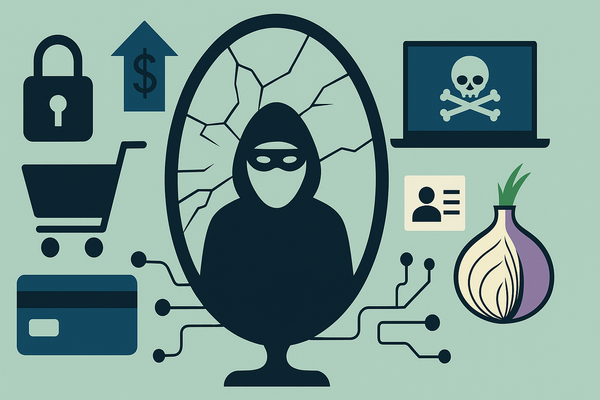Authorities Can"t Force Suspects to Unlock Phones with Biometrics, Rules California Court

A California court has ruled that government agencies can”t compel suspects to unlock their smart devices with biometric authentication because it violates the self-incrimination clause in the Fifth Amendment, writes Forbes. This applies even if a warrant has been granted to search the person”s residence.
The decision was made after law enforcement filed for a search warrant while investigating two suspects in Oakland, California, allegedly involved in a Facebook extortion case. The men were accused of using Facebook Messenger to harass and threaten another man with publishing a humiliating video online.
While searching the suspects” house, federal authorities wanted to also investigate the contents of all mobile devices on premises but, to be unlocked, the individuals would have to use biometric features such as fingerprint of facial recognition to unlock them. Their warrant request was denied.
“The Government cannot be permitted to search and seize a mobile phone or other device that is on a non-suspect”s person simply because they are present during an otherwise lawful search,” reads the ruling.
Courts in the US earlier ruled that “a passcode cannot be compelled under the Fifth Amendment, because the act of communicating the passcode is testimonial,” but didn”t include biometrics. Judge Kandis Westmore now ruled that biometric features are innovative passcodes and should benefit from the same protection, so police can no longer force suspects to unlock their devices.
“While the judge agreed that investigators had shown probable cause to search the property, they didn”t have the right to open all devices inside by forcing unlocks with biometric features,” says Forbes.
“If a person cannot be compelled to provide a passcode because it is a testimonial communication, a person cannot be compelled to provide one”s finger, thumb, iris, face, or other biometric feature to unlock that same device,” the judge wrote.
“The undersigned finds that a biometric feature is analogous to the 20 nonverbal, physiological responses elicited during a polygraph test, which are used to determine guilt or innocence, and are considered testimonial.”
tags
Author
After having addressed topics such as NFC, startups, and tech innovation, she has now shifted focus to internet security, with a keen interest in smart homes and IoT threats.
View all postsRight now Top posts
Cybercriminals Use Fake Leonardo DiCaprio Film Torrent to Spread Agent Tesla Malware
December 11, 2025
Genshin Impact Scam Alert: The Most Common Tricks Used Against Players
December 05, 2025
FOLLOW US ON SOCIAL MEDIA
You might also like
Bookmarks








